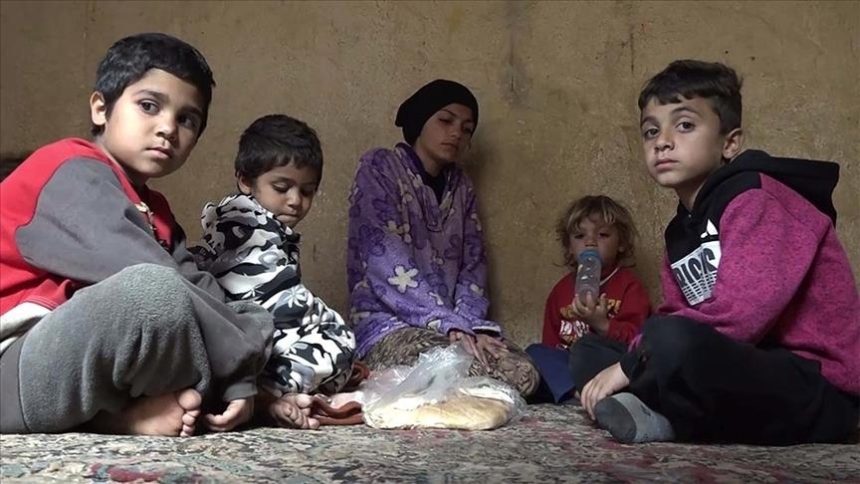Poverty is the main challenge facing Lebanon today and in the coming decade. Workers earning their income in Lebanese pounds (LBP) are being massacred by the currency crisis, especially with the ongoing hyperinflation and devaluation of the LBP. Meanwhile, the central bank has been attempting to cover banks’ losses by printing out more of the local currency, which is feeding into the hyperinflation and devaluation. Over the past few years, the poverty rate has skyrocketed from around 30-40% to 80% of the population, making for a merely obsolete middle class. Establishing a currency board would stop hyperinflation, thus serving not only the general population, but most importantly the poor.
LIMS revealed that having a currency board, would allow for the LBP to be 100% backed by US dollar reserves, and would not allow for the government to print money out of thin air. Consequently, this would put an end to the hyperinflation that has engulfed Lebanon for far too long, in turn putting less financial stress on citizens, especially the poor.
For two years, LIMS has been promoting the idea of establishing a currency board in Lebanon, through advocacy campaigns, media interviews, and special events on the matter. Since Lebanon has very weak institutions, high corruption, and is unstable politically and socially, a currency board would be a good fit.
Although key Lebanese officials welcomed the currency board plan initially, the IMF actively campaigned against it. Since decision makers are seeking an agreement with the IMF, they ended up dropping the idea. For Lebanon, the IMF prefers a managed float system, where the central bank could intervene to stabilize the currency if necessary. Such a managed float system in Lebanon though, has been tried for the past two years and was a complete failure. Foreign exchange reserves are still being wasted and the currency devaluating. At the start of the crisis, the foreign exchange reserves were at $35 billion, while now they are down to $10 billion. As the country continues to sink deeper into a zombie economy, what remains a mystery is the IMF insisting on a managed float, for a country that cannot handle such a system after all. Until a viable solution is put in the place in Lebanon, the poor will continue to suffer in larger numbers than ever before seen.
LIMS Media Interviews:
- Democracy That Delivers #352: Update On The Current Economic Situation In Lebanon, December 7, 2022: CIPE, Article EN
- Democracy That Delivers: Update On The Current Economic Situation In Lebanon, December 13, 2022: CIPE, Radio Interview EN

